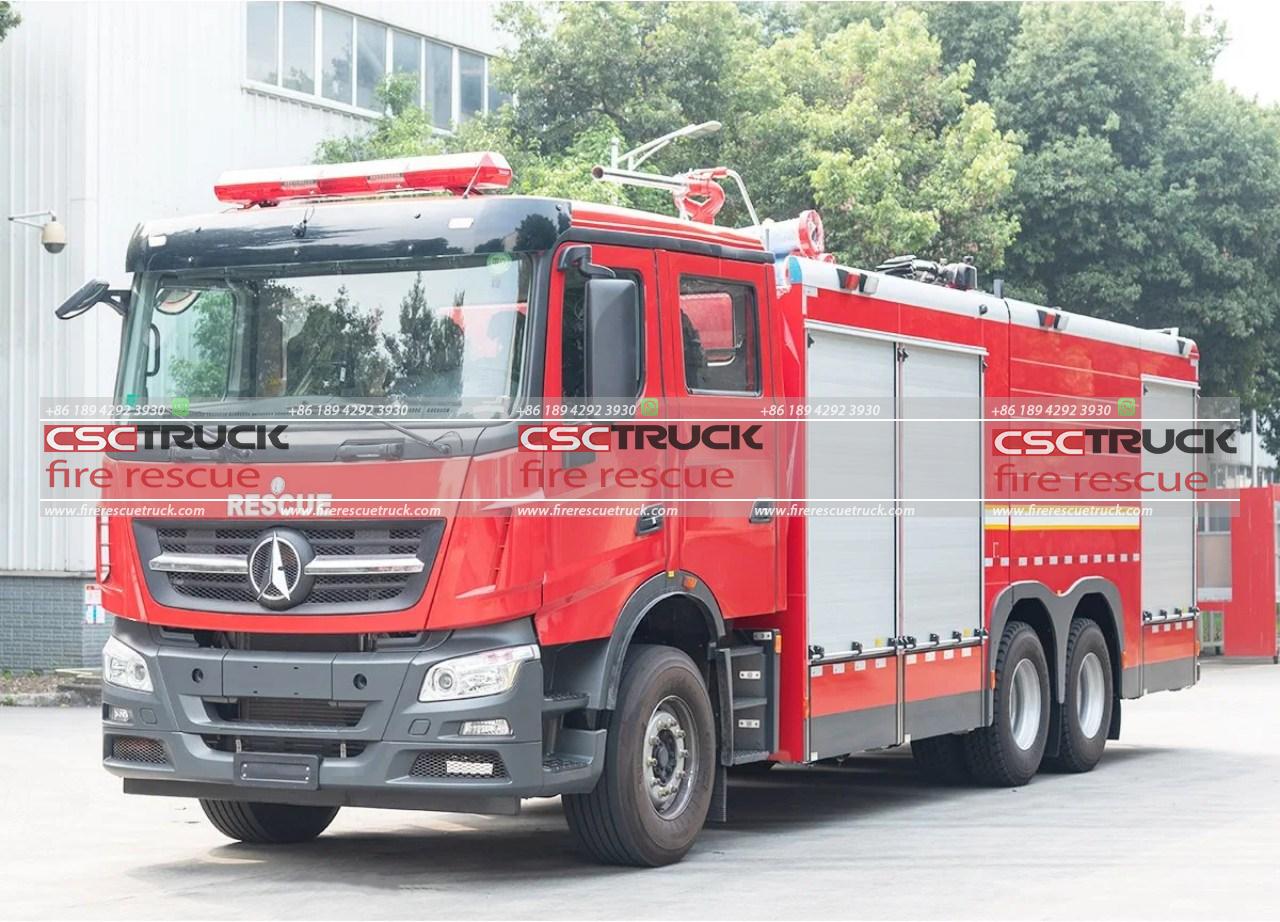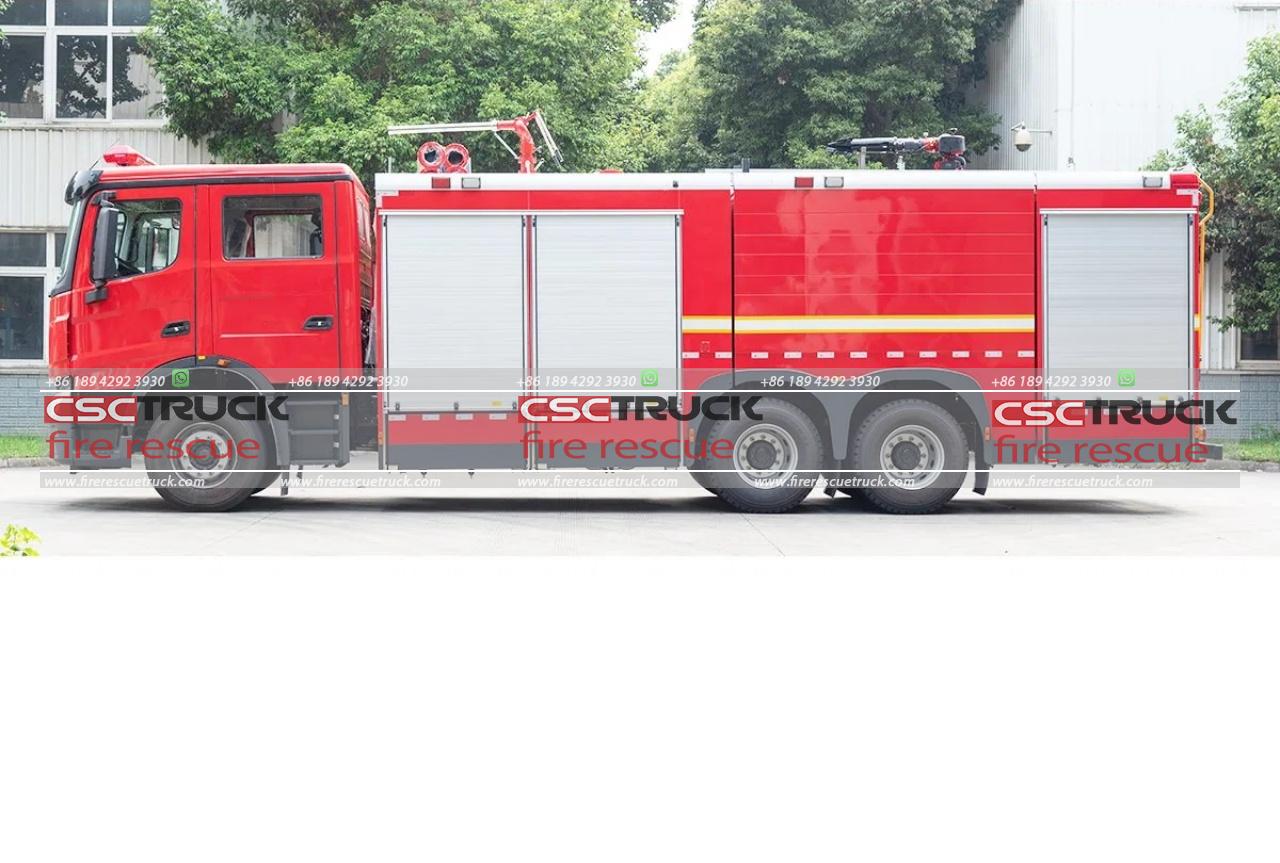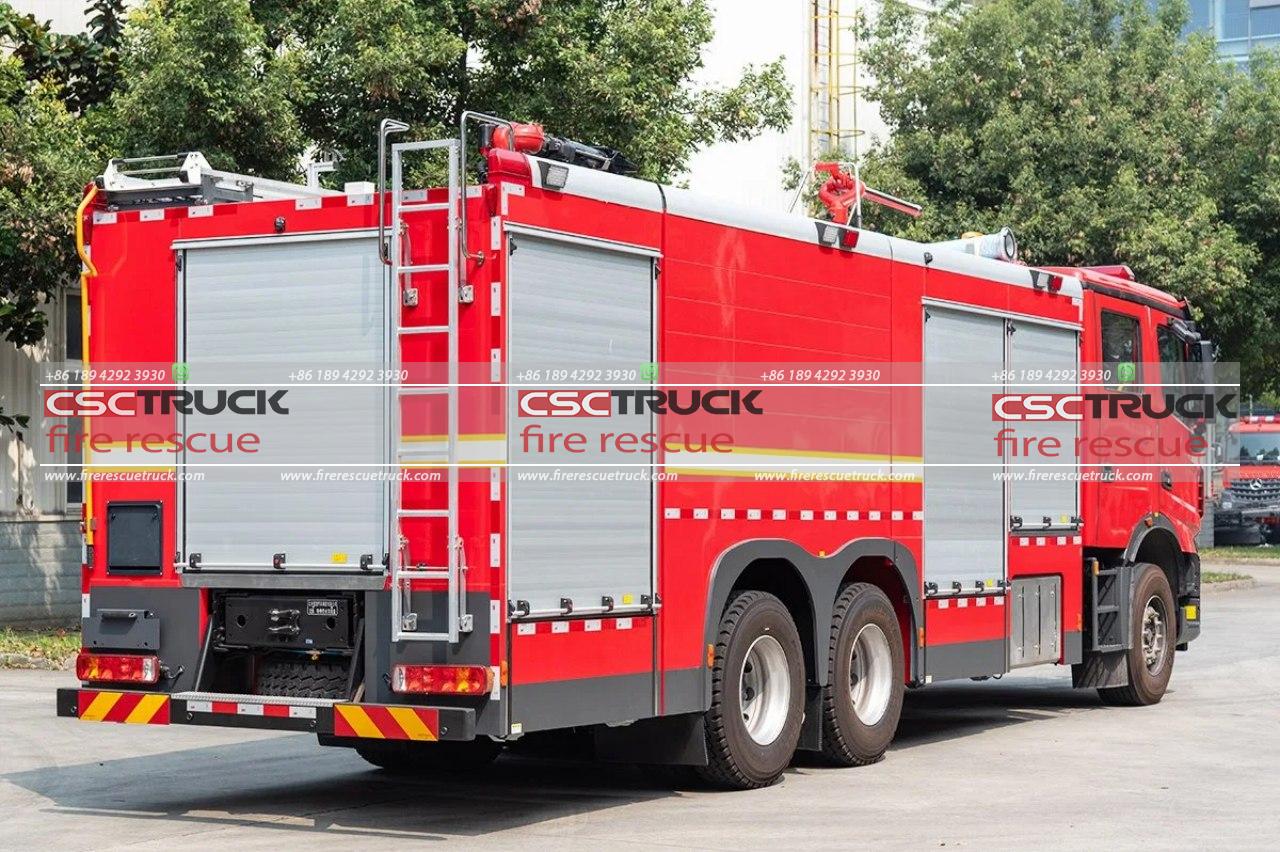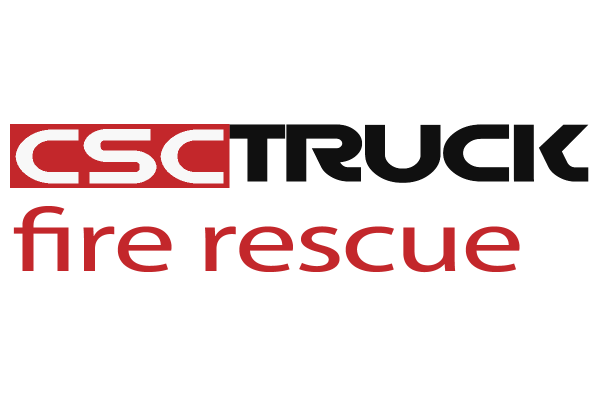What is the British Spelling of Truck?
The word “truck” is a common term in many English-speaking countries, especially in the United States, where it generally refers to a large, motorized vehicle designed to transport goods, materials, or, in some cases, passengers. However, one of the quirks of the English language is that words can differ significantly between regions, especially between American and British English. The British spelling of “truck” isn’t simply a matter of adding a letter or changing the vowel sound, as in some cases with British vs. American spellings (like “colour” and “color”). Instead, the British English equivalent of “truck” is an entirely different word: “lorry.”
This article will explore the differences between “truck” and “lorry,” the history and etymology of both terms and how these words reflect broader linguistic divergences between American and British English. We’ll also look at how the terms are used in other English-speaking countries and the evolution of these vehicles themselves.
The Word “Truck” in American English
In the United States, the word “truck” is an all-encompassing term used to describe various types of vehicles used for transporting goods. These can range from small pickup trucks, commonly owned by individuals for personal or work-related tasks, to massive 18-wheelers or semi-trucks designed to haul freight across long distances. “Truck” in American English has become the default term for any motor vehicle designed to carry loads, whether for business or personal use.
The origins of the word “truck” date back to the mid-15th century. The term initially referred to small carts or barrows, often used in docks to carry heavy items. It comes from the Latin word “trochus,” meaning “iron hoop” or “wheel,” which evolved into the Old French “troque” and later the English “truck.” Over time, the word’s meaning shifted from smaller hand-pushed carts to larger, motorized vehicles.
Today, the word “truck” in American English is deeply ingrained in everyday language. You hear it used in a variety of contexts, from transportation and logistics industries (“freight trucks”) to personal vehicle descriptions (“pickup trucks”). The term has also expanded metaphorically, used in expressions like “having no truck with something,” meaning not wanting to engage or associate with it.

The British Equivalent: “Lorry”
In contrast to American English, British English uses the word “lorry” for what Americans would call a truck. This distinction can be puzzling for someone unfamiliar with British terminology, as “lorry” may not immediately seem like a synonym for “truck.” However, in the United Kingdom and much of the Commonwealth, “lorry” is the standard term for large vehicles designed to transport goods or heavy loads.
The etymology of “lorry” is somewhat unclear. The term first appeared in the English language in the early 19th century, likely derived from the verb “lurry,” meaning to pull or drag, which fits the early descriptions of horse-drawn wagons used to carry goods. Over time, as motorized vehicles replaced horse-drawn ones, “lorry” became the go-to term for these larger vehicles.
Interestingly, “lorry” tends to refer to larger vehicles in British English. While smaller utility vehicles may still be called “trucks,” such as in the case of pickup trucks, the term “lorry” is generally reserved for commercial vehicles used in industries like construction, logistics, and freight transport. This distinction helps explain why the British use the word “lorry” for larger vehicles, whereas Americans default to “truck” for any load-bearing motor vehicle, large or small.
The Divergence Between American and British English
The difference between “truck” and “lorry” is emblematic of the broader linguistic divergence between American and British English. While the 2 dialects share a common root, the languages have evolved differently over the centuries due to geography, culture, and even political influence. These linguistic shifts are evident in various aspects of the language, from spelling and grammar to vocabulary and pronunciation.
One reason for these differences is the early isolation between the 2 regions. When the United States became an independent nation in the 18th century, American English began to develop its unique characteristics, influenced by a variety of factors, including regional dialects, immigration, and the country’s growing industrial and technological needs. Words like “truck” became standardized in American English as new technologies like the automobile and motorized freight vehicles emerged.
British English, meanwhile, retained many older terms and continued to develop along a different path. The British Isles had their innovations, industrial needs, and linguistic influences, leading to words like “lorry” becoming the standard term for heavy vehicles. While the 2 forms of English still share much in common, their vocabularies reflect the distinct paths the languages have taken.

“Truck” and “Lorry” in Other English-Speaking Countries
The American “truck” and British “lorry” distinction also appears in other parts of the English-speaking world, with different countries adopting one term over the other depending on their historical and cultural ties. In countries like Canada and Australia, you may hear both terms used, depending on the region or the type of vehicle being described.
For instance, in Canada, “truck” is the dominant term, reflecting the country’s close linguistic and cultural ties to the United States. However, some regions, particularly in more British-influenced parts of the country, may occasionally use “lorry” for larger vehicles, although this is relatively uncommon.
Australia similarly leans towards the American term “truck,” though “lorry” can sometimes be heard, particularly in more formal or older contexts. New Zealand, with its strong British heritage, also uses “truck” more commonly, but “lorry” hasn’t entirely faded from usage, especially among older generations or in rural areas.
South Africa, another former British colony, has a more mixed linguistic tradition. While “truck” is the more frequently used term today, “lorry” is still commonly understood and used by certain segments of the population. As with other Commonwealth countries, the distinction between “truck” and “lorry” can sometimes reflect generational or regional differences.
The Changing Landscape of Language and Vehicles
The distinction between “truck” and “lorry” also reflects broader trends in language change. English is a dynamic and evolving language, influenced by factors like technology, globalization, and cultural exchange. As transportation technology continues to evolve, new terms for vehicles may emerge, or older terms may fall out of use.
For example, the rise of electric and autonomous vehicles could lead to new terminologies. In some cases, the differences between “truck” and “lorry” might become less pronounced as global communication increases and language continues to blend. With international commerce and the internet making the world smaller, the distinct vocabulary of different English dialects may begin to overlap more frequently.

Conclusion
In summary, while there is no exact “British spelling” of the word “truck,” the British equivalent term is “lorry.” This difference in vocabulary is part of the broader divergence between American and British English, a split influenced by historical, cultural, and technological factors. Although the words “truck” and “lorry” have different origins, they serve the same function: to describe large vehicles used for transporting goods. As English continues to evolve, these terms may remain unique to their respective regions, but their usage reflects the fascinating ways language adapts to meet the needs of a changing world.







